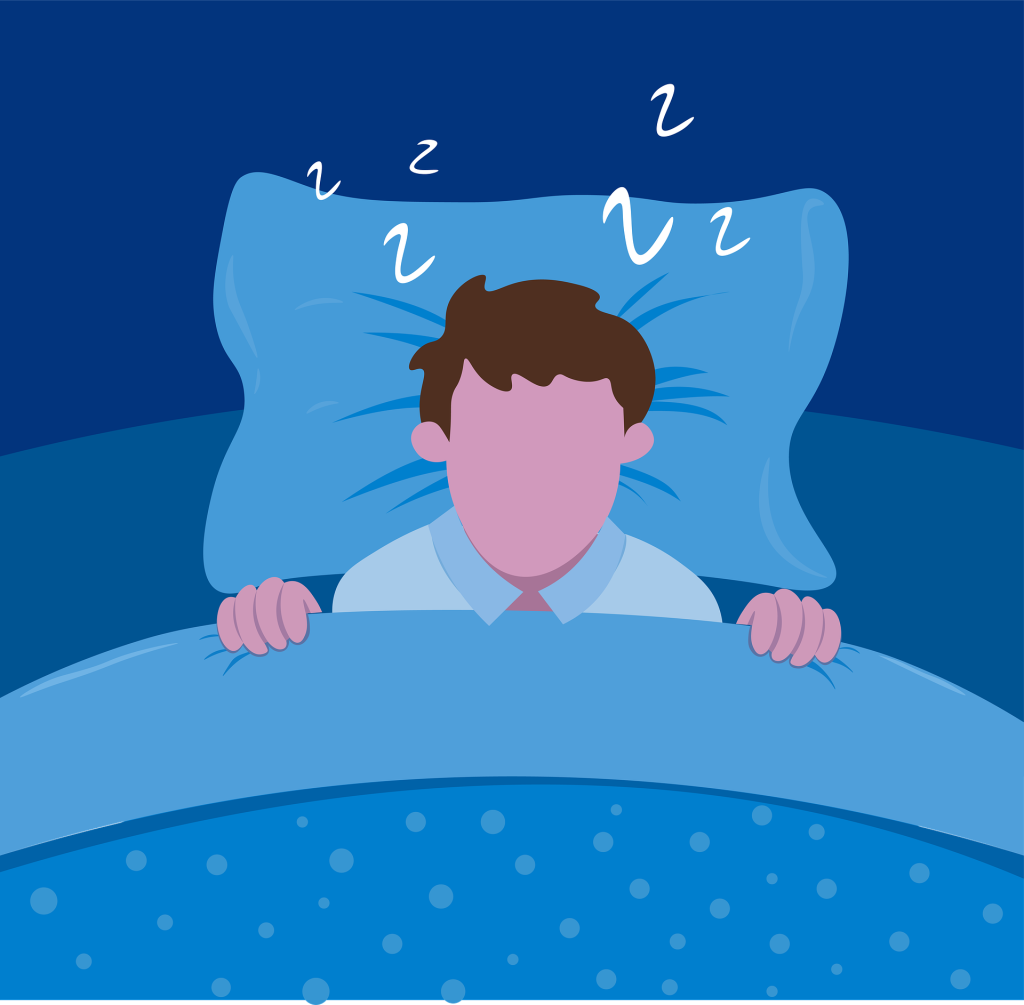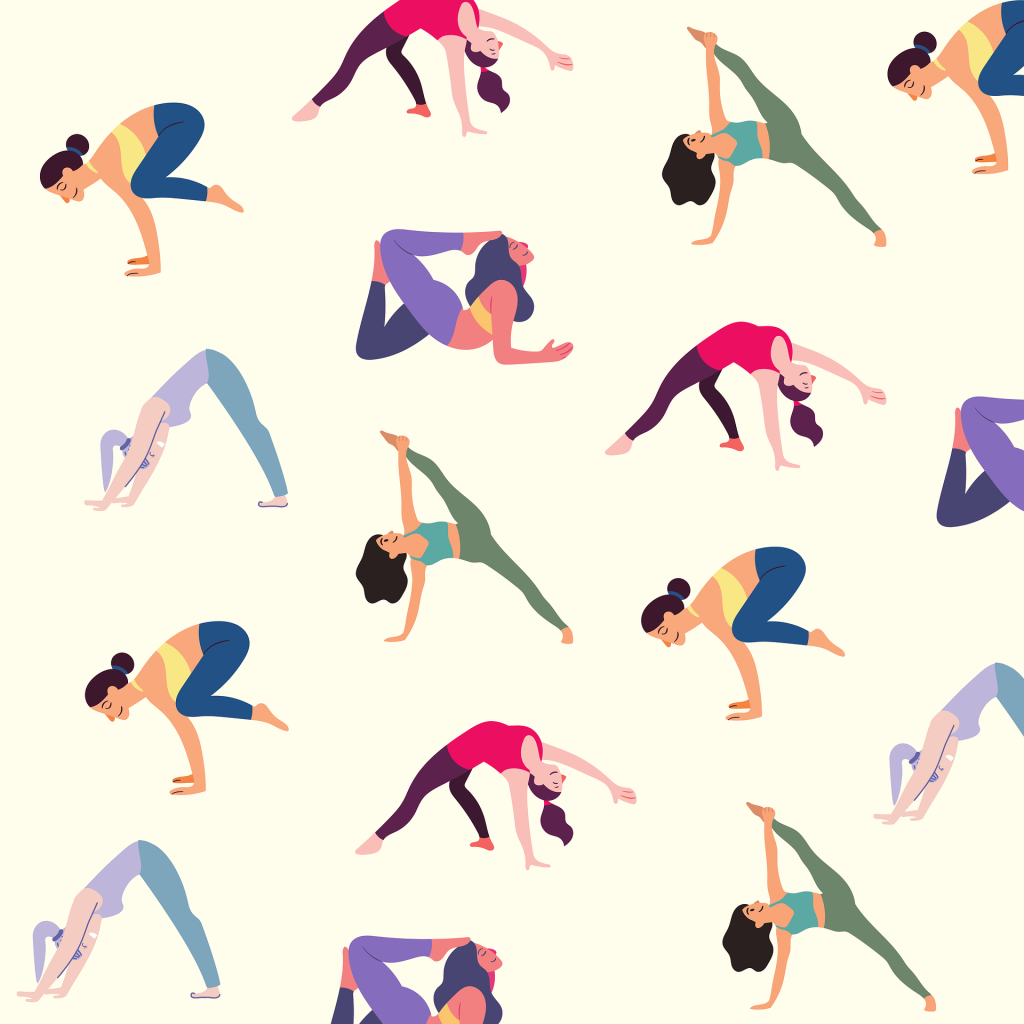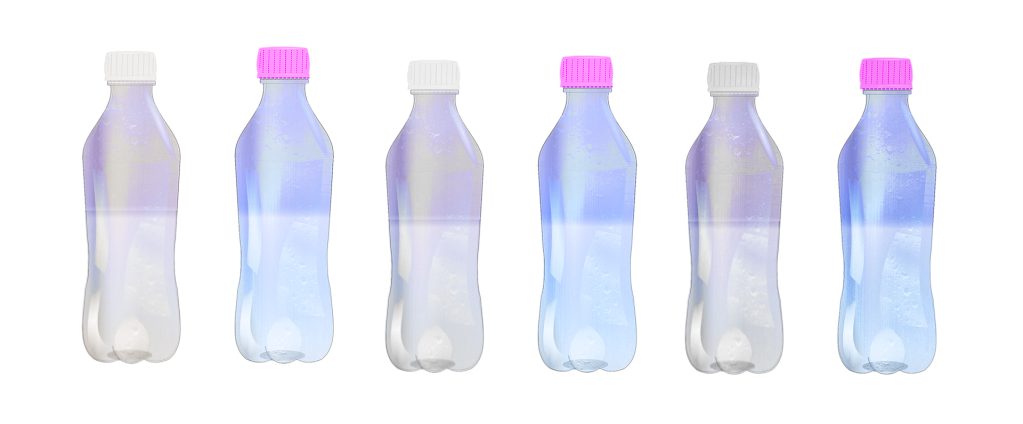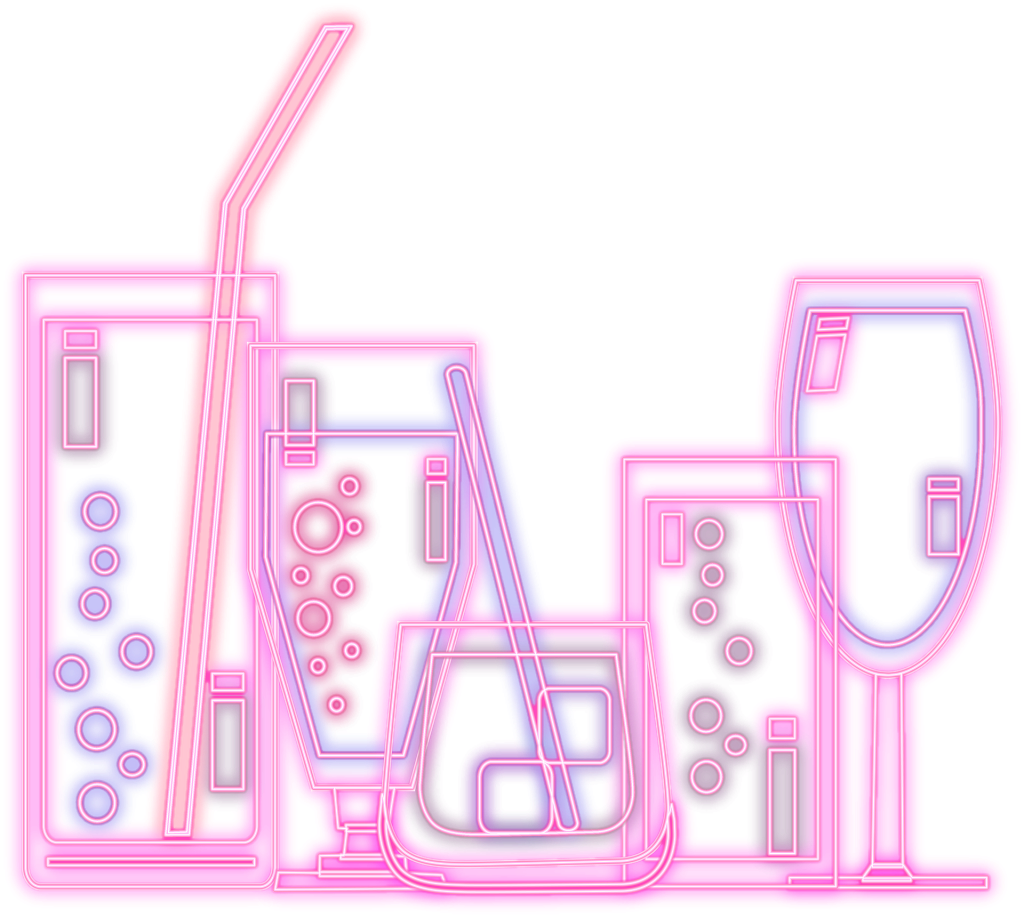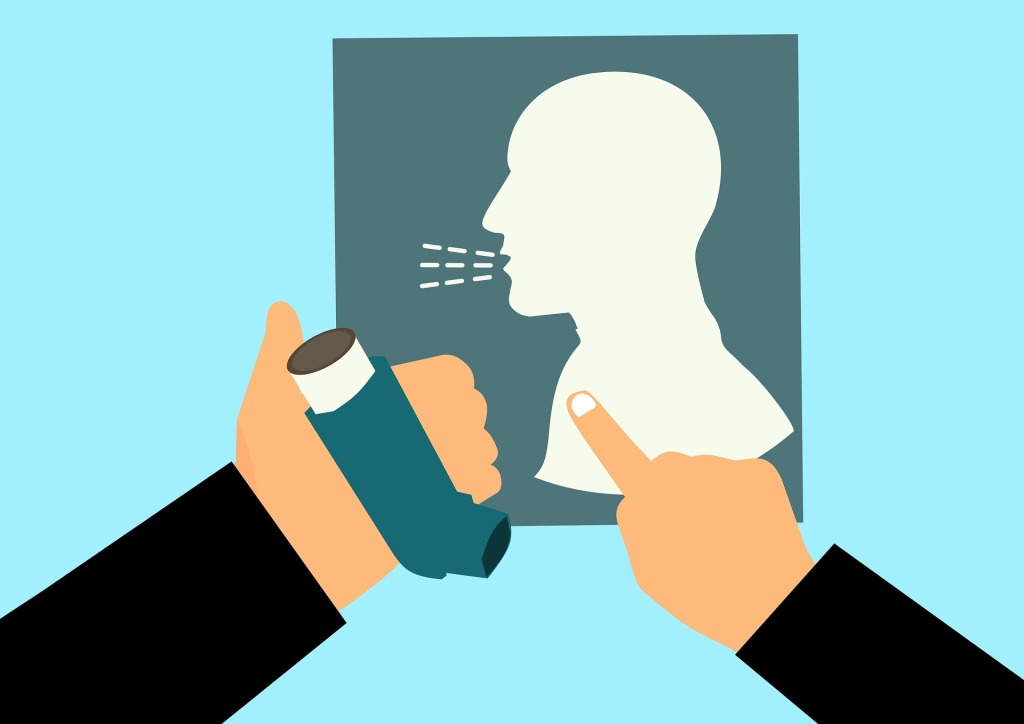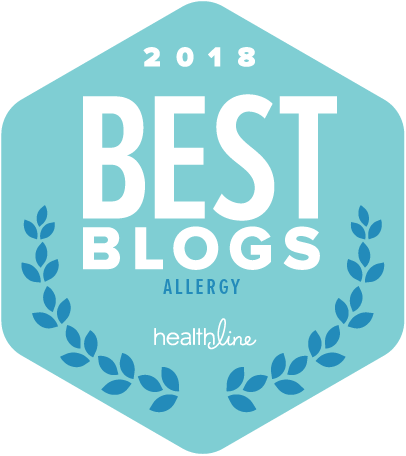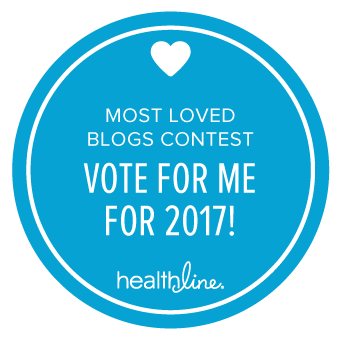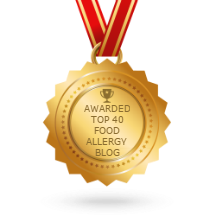There are a few simple things that everyone should be doing to protect their health. And while they benefit all, they are particularly important for people with food allergies. These activities aren’t just good for your well-being, they are also important to help prevent serious allergic reactions.
GET CONSISTENTLY GOOD SLEEP.
Yes, the elusive sleep recommendation… But studies show that sleep deprivation can lower a person’s threshold – meaning, the amount of allergen it takes to trigger a reaction. The lower a person’s threshold, the less allergen it takes to set off a reaction. Experts recommend getting a consistent amount of sleep every night by turning off devices an hour before bed; sleeping in a dark, cool room; and waking up at the same time every day ((sigh) yes, even on weekends…).
REDUCE EMOTIONAL STRESS.
Easier said than done, we know. Excess stress (and who doesn’t have that these days?!) also lowers your threshold and escalates potential reactions. Take care of your mental health by connecting with friends; getting out in nature; paying attention to your physical health (exercise, eat well, etc); engaging in yoga, meditation, or other relaxation techniques (like art, breathing and imagery exercises); taking breaks from social media and news when needed; and learning to say “no” to reduce feeling overwhelmed.
HYDRATE.
Water is critically important to the functioning of our bodies – and when they aren’t hydrated, it can wreak havoc. For someone with food allergies, dehydration can affect lung function, heart rate and core temperature – all of which are known factors in more serious reactions, known as anaphylaxis. You may be familiar with the “8×8 Rule”: every adult should drink eight cups of eight ounces of water a day. That amount might vary a bit based on where you live, your health, diet and what activities you do. One thing experts recommend is sipping on water even when you’re not thirsty to replenish all that you lose throughout the day.
LIMIT ALCOHOL USE.
Moderation is best. Alcohol dehydrates the drinker and can reduce threshold, triggering serious reactions faster. Alcohol can also decrease a person’s ability to make good decisions. People with food allergies have to be careful about what they eat and drink and they need to be able to evaluate their health in case of accidental exposure.
GET BETTER CONTROL OF YOUR ASTHMA.
It’s probably been on your to-do list anyway. Not being able to breathe clearly is no fun. It’s not only uncomfortable, it also dangerous for your health. Uncontrolled asthma can make allergic reactions worse by speeding up dangerous swelling in the lungs, making it difficult to breathe. Now is a great time to speak with your healthcare provider about lifestyle changes and other ways you can improve your asthma treatment.
ALWAYS CARRY TWO.
You can’t plan for accidental exposures, but you can be prepared for a reaction by always carrying two epinephrine auto-injectors. It is critical to carry a set with you (rather than leaving them in the car, a locker or at home) because occasionally a reaction may be persistent and require two doses of epinephrine before the patient reaches medical care. And rarely, devices are misused or misfire – so having a back-up is always a good idea.
There’s no day like today to begin making positive lifestyle changes. Experts say it takes about three weeks to turn change into a new habit – so be patient and positive with yourself, making one good decision at a time. Talk to your doctor about these and other ways to improve both your health and your food allergy outcomes at your next visit.
